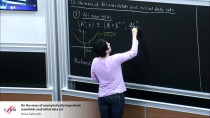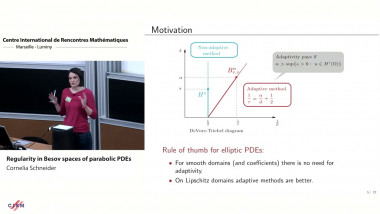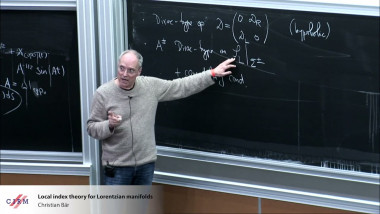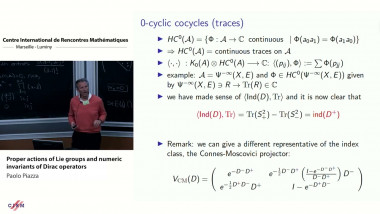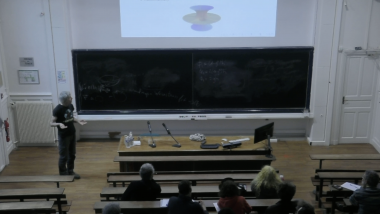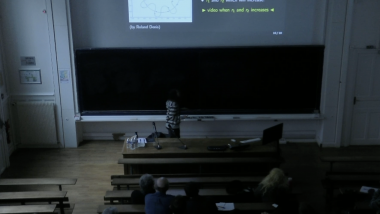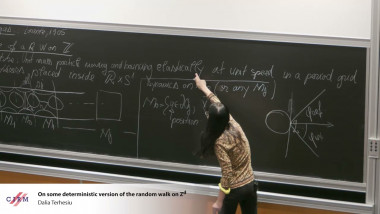On the mass of asymptotically hyperbolic manifolds and initial data set
A complete Riemannian manifold is called asymptotically hyperbolic if its ends are modeled on neighborhoods of infinity in hyperbolic space. There is a notion of mass for this class of manifolds defined as a coordinate invariant computed in a fixed asymptotically hyperbolic end and measuring the leading order deviation of the geometry from the background hyperbolic metric in the end. Asymptotically hyperbolic manifolds arize naturally in mathematical general relativity, in particular, as slices of asymptotically Minkowski spacetimes, in which case the mass of the slice coincides with the Bondi mass of the spacetime. Having reviewed these and related concepts, we will discuss our proof of the positive mass theorem in the asymptotically hyperbolic setting, which relies on the original ideas of Schoen and Yau and involves a blow-up analysis of the so-called Jang equation, a geometric PDE of mean curvature type.










